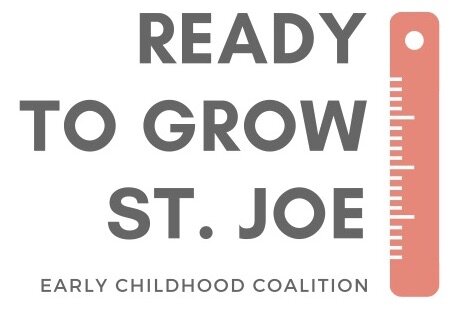The Neurobiology of Trauma-Informed Care - Free Webinar
In recent years, across sectors, conversations surrounding Adverse Childhood Experiences, or ACEs, have become more common. While many of us now have a better understanding that "ACEs are a thing", many of us still wonder what we can do about it, especially when we're just one person. This session is not a deeper dive into ACEs, but will offer insight into the neurobiology that constructs human safety through relationships, as well as brainstorming how we all can play in healing the impact of ACEs. By understanding the circuitry of attachment, we can gain confidence that this circuitry is at the root of why protective factors and positive childhood experiences are essential in overcoming the impact of ACEs on individuals and communities. Understanding the how and why of nervous system function ultimately offers every one of us an opportunity to work within our strengths and spheres of influence to intentionally increase the odds that people we encounter have access to neurobiologically positive experiences, necessarily reducing the impact of adversity, in all its forms.
Learning Objectives
Understand the how and why of nervous system function.
Link nervous system function to the neurobiology behind ACEs and constructing human safety.
Speaker
Nancy Michael
Director of Undergraduate Studies, Neuroscience and Behavior, Notre Dame University
